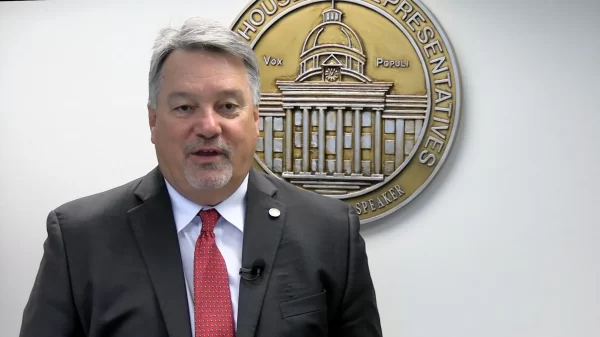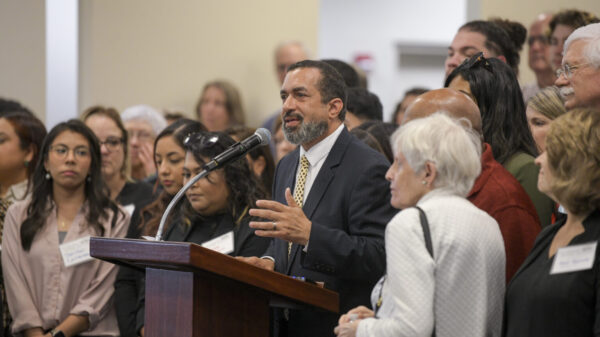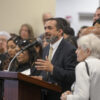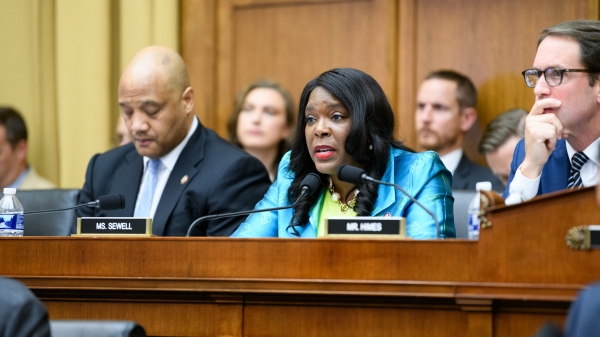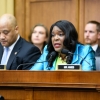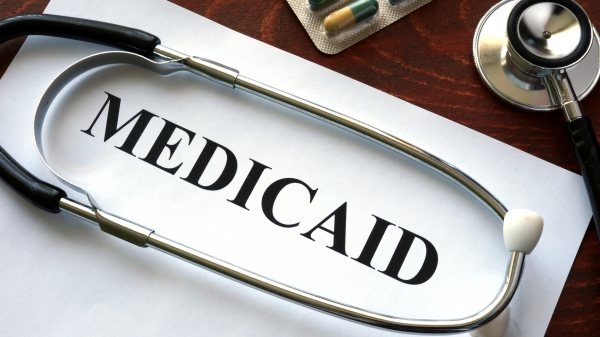Congresswoman Terri Sewell, D-Alabama, announced $10,335,040 in funding for Alabama’s small rural hospitals to support COVID-19 testing and mitigation. The funds were provided through the U.S. Department of Health and Human Services’ Small Rural Hospital Improvement Program and were secured through the American Rescue Plan, which passed in March with the support of House and Senate Democrats.
“Alabama’s small rural hospitals have been struggling for years, and the many unprecedented challenges caused by the COVID-19 pandemic only worsened an already dire situation,” Sewell said. “I am thrilled to announce this new funding which will be critical in ensuring those in rural and underserved communities continue to receive the quality, affordable care they deserve at their local hospitals.”
“Small rural hospitals—which HHS classifies as those with fewer than 50 beds—and Critical Access Hospitals are key health care access points and trusted community resources,” Sewell said. “Hospitals will use the ARP funds to maintain or increase COVID-19 testing, expand access to testing for rural residents, and tailor mitigation efforts to reflect the needs of local communities.”
Some 40 hospitals in Alabama will be receiving funds under this provision.
“The Biden Administration recognizes the important role that small rural hospitals have in closing the equity gap and ensuring that rural Americans can protect themselves and their communities from COVID-19,” said HHS Secretary Xavier Becerra. “Today’s funding will help small rural hospitals continue to serve their communities in this critical role by expanding their COVID-19 testing capacity and mitigation efforts.”
Alabama’s rural hospitals have struggled in recent years as populations have fallen in most of Alabama’s rural counties, meaning that fewer persons are in those communities utilizing those healthcare facilities. It also has become harder to attract new doctors to rural medicine, especially specialists.
America, and Alabama, have a growing shortage of physicians. Nowhere is this felt more acutely than in rural areas. While the hospital may still be present and operating; if the necessary specialists are not seeing patients there, then those patients have to travel increasingly to major metropolitan areas like Mobile, Tuscaloosa, Montgomery, Huntsville and Birmingham to get treatments and surgeries. Several rural hospitals have closed in the last decade.
Hospital advocates have repeatedly urged the state to expand Alabama Medicaid, giving more Alabamians health care coverage and decreasing the number of uninsured patients that Alabama hospitals, particularly rural ones, receive.
Sewell is in her sixth term representing Alabama’s 7th Congressional District.






































